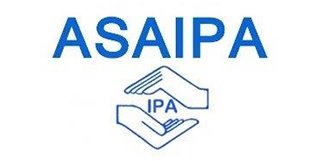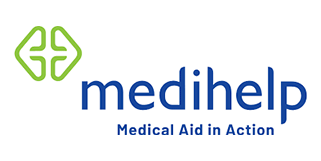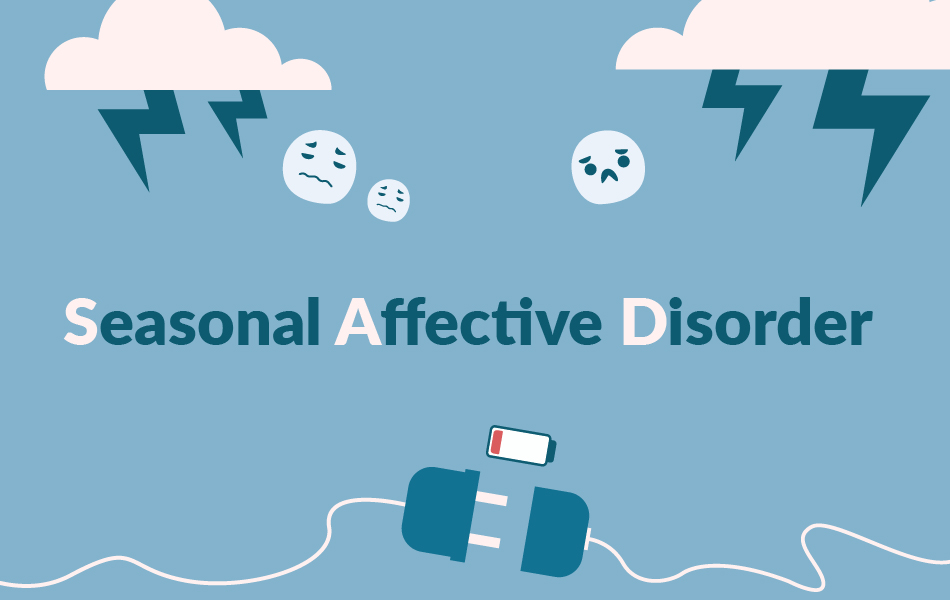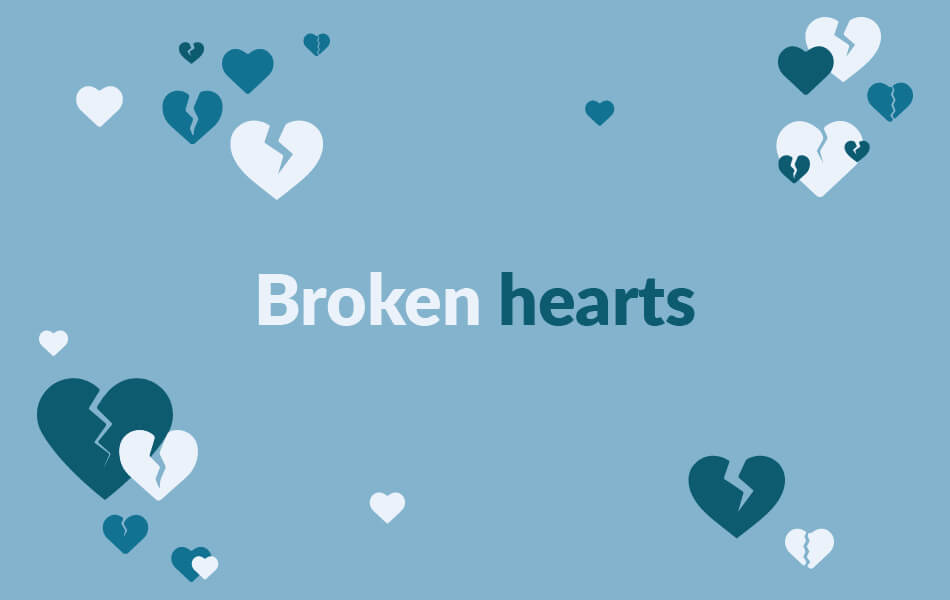Trauma Counselling
Healing with Trauma Counselling
Trauma happens when a particularly distressing event is experienced, causing a deep psychological wound.
And since these events don’t discriminate between age, gender, race, or financial status, it is clear that trauma can happen to everyone. When it lingers, it becomes a mental health problem that often leads to the development of secondary issues, like depression and anxiety. When left untreated, the effects of trauma on quality of life can be devastating, overwhelming an individual to the point where basic tasks in day-to-day living are impossible. But there is no reason to suffer through this immense pain forever. Trauma and its consequences can be overcome.
Trauma counselling is offered to those dealing with PTSD (Post-Traumatic Stress Disorder) or other forms of trauma, so they can heal old wounds and restore balance to their well-being.
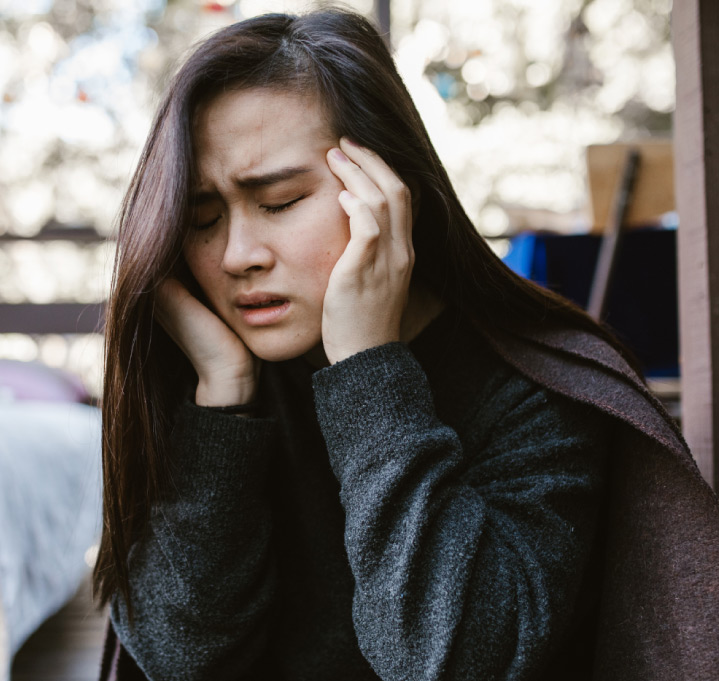
Get in touch with a professional
Contact us today if you or a loved one needs professional help with anxiety.
Trauma Counselling

What is Post-Traumatic Stress Disorder?
It's entirely normal to have feelings of shock and stress after experiencing a traumatic event, like abuse, injury, death of a loved one, or violence. These feelings usually decrease over time, leaving you to return to life as usual. In cases of Post-Traumatic Stress Disorder (PTSD), the effects of extreme trauma leave an individual unable to move on with life afterwards. They are overwhelmed by emotional and psychological symptoms of trauma. They don't have the tools to cope healthily. PTSD can occur when you are part of a traumatic experience or simply from witnessing something horrific happening to someone else.

Symptoms of PTSD
There are a few key indicators to PTSD that mental health professionals look out for when diagnosing the condition. Negative feelings, like fear, anger, and guilt, are constant and overwhelming, affecting an individual's ability to cope with everyday life. A person might be reliving the traumatic event repeatedly in their mind, plagued by upsetting memories through flashbacks or recurring nightmares. It's also common for depression, anxiety, and addiction to alcohol or drugs to develop during this time. Insomnia, panic attacks, and self-destructive thoughts or actions are also common.

Causes of PTSD
As mentioned above, experiencing or witnessing a traumatic event is the most common cause of post-traumatic stress disorder. Since people have varying vulnerabilities, a traumatic event might not be that way for other people. However, extreme traumas like the death of a loved one, rape, war, domestic abuse, natural disasters, kidnapping, terrorist attacks, child abuse, and even being diagnosed with a terminal illness are all likely to cause PTSD. Not everyone will be affected in the same way. If your emotional and psychological distress effects are overwhelming, you cannot function in everyday life. In that case, it is advisable that you seek treatment for PTSD immediately.
Treatment for Trauma

Therapy
Trauma counselling is one of the most notable ways to deal with PTSD or any other form of trauma. Mental health specialists advise that psychotherapy, or talk therapy, be initiated before turning to medication since therapy is the only way through which true healing can happen. It not only helps the individual come to terms with the traumatic event but delves into possible reasons why they've been so affected by it and how they can move on to deal with lingering symptoms in healthy and progressive ways. Therapy for trauma gets to the emotional and psychological root of the problem. It helps with associated depression and anxiety as well.

Prescribed Medication
Prescribed medication is rarely used as a stand-alone trauma treatment but combined with focused trauma counselling. Acute symptoms are taken into account and treated accordingly, which means that medication for PTSD usually consists of anti-depressants and anti-anxiety drugs. This helps manage secondary symptoms of the associated conditions and helps improve sleep, regulate mood, increase concentration, and relieve stress and anxiety. Medication for PTSD is not intended for long-term use, and you are slowly weaned as progress in your condition occurs. With peace from these often debilitating symptoms, an individual is then free to focus on the positive healing aspects of counselling.

Natural Treatments
Most natural methods for dealing with PTSD involve addressing the acute symptoms that arise from the condition. For instance, breathing techniques will help with overwhelming feelings of anxiety and fear. Regular exercise and mental health go hand in hand. Exercise is another tried and tested way to relieve stress and anxiety and help improve sleep and decrease negative feelings associated with depression. Desensitisation is a process often brought up in trauma counselling but can be done independently. It involves remembering the traumatic event while thinking about or looking at something positive. It's a way to disengage the negativity that PTSD associates with that event.
When PTSD is left Untreated
A human brain can only endure a certain amount of heightened stress and anxiety. If these overwhelming feelings of panic, fear, depression, etc., continue untreated for a prolonged period, the brain will shut down as a defence mechanism. But first, acute symptoms will worsen, leading to severe depression, addiction, rage or unpredictable mood swings, and constant negative thoughts about suicide. In effect, an individual’s work will suffer, their interpersonal relationships will break down, and they will find it impossible to carry on with life in any satisfying way.
Substance abuse cases are also common because it becomes an easy way to numb the constant feelings of heightened stress and fear. Many people say that drugs, alcohol, or smoking are a way to alleviate their anxiety symptoms. However, although these substances might lessen symptoms for a short period, they always return and are more aggressive when they do.
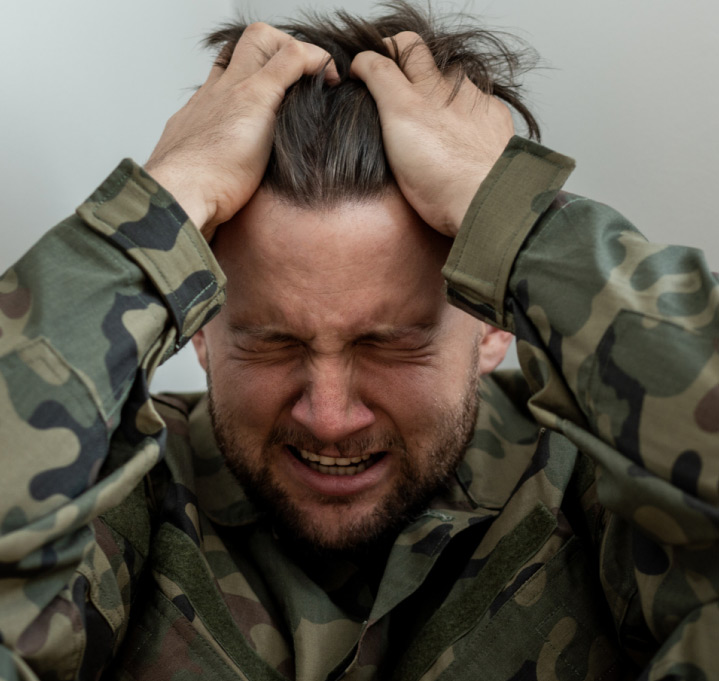

Finding Help for PTSD
Suppose you have experienced a traumatic event, and the symptoms outlined above describe your struggle. In that case, you may be dealing with post-traumatic stress disorder. PTSD is unlikely to get better on its own, but thankfully it is not something you have to suffer through forever. Finding help is as easy as speaking to your psychiatrist or general practitioner and sharing your experience. They will be able to give you a referral for professional intervention. There is no shame in seeking help for PTSD, and the alternative could be devastating for you and your loved ones.
At ZwavelStream Clinic, we specialise in anxiety treatment, providing our clients with a healthy and safe environment to reclaim the balance in their lives. Every case is treated with the utmost confidentiality, and treatment is planned on a client-specific basis. Contact us for more information about how you can get the help you need.
Basic Mental Health Quiz
Taking the first step to mental health involves determining whether you may have a problem.
Our quick online questionnaire will assist you to do that.
In Affiliation with:
Zwavelstream Clinic is supported and affiliated with most medical aid schemes based in South Africa. To find out if your medical aid is covered by Zwavelstream Clinic, please contact us for more information.

